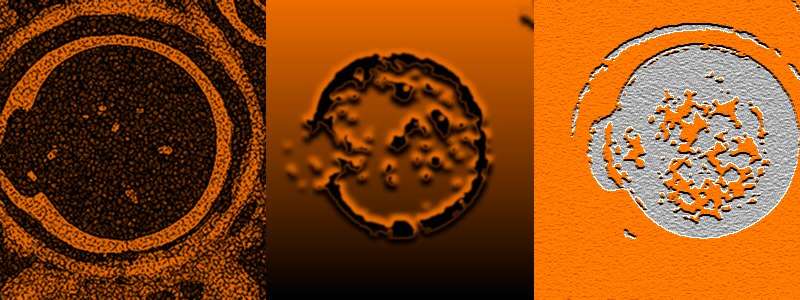
Using the power of single-cell analysis, researchers at the Babraham Institute have assessed the effects of age on egg cells (oocytes) in mice, particularly looking to identify genomic and epigenetic factors that relate to reduced developmental competence. The knowledge uncovered by this research provides new insights into the mechanisms underlying egg quality and is relevant to the development of techniques to assess the quality of human egg cells, an area of growing importance as the use of fertility treatments increases. The research is published today in the journal Aging Cell.
The most recent results by the UK’s Office of National Statistics report that for the 10th consecutive year, the average age of mothers in England and Wales increased to 30.6 years. Trends indicate that women are choosing to delay the decision to have children with the number of children born to women aged 40 or above steadily increasing since 1978.
Societal factors aside, advancing maternal age causes a gradual reduction in fertility. “Why egg cells lose their development competence is something we don’t fully understand but it’s like to be due to a combination of factors.” says Dr. Gavin Kelsey, Head of the Epigenetics research program at the Babraham Institute, who led this work.
The research used a cutting-edge single-cell technique developed at the Institute to obtain parallel read-outs on all gene expression and DNA methylation (the addition of epigenetic marks that modify DNA without altering its sequence) occurring in the same egg. The approach allowed a genome-wide analysis of each egg and in addition to comparing eggs from younger and older mice it also allowed the researchers to explore variation between eggs from similarly aged mice.
Using this technique the researchers were able to identify the characteristics of eggs with reduced developmental competence and distinguish eggs from older females that retained a young-like profile. In particular, eggs from older females had less active gene expression and showed greater variability in this level egg-to-egg. Epigenetic marks in general correlated between eggs taken from younger and older mice, providing reassurance that age does not affect key sites of DNA methylation in the genome. The researchers did find some genes showing coupled change between gene activity and epigenetic marks, suggesting that epigenetics could be used as a readout for the gene activity quality of the egg.
“As far as we know, this is the first genome-wide assessment of DNA methylation at single-nucleotide resolution in eggs from aged female mice. Our development of methods that capture epigenetic information in single cells has enabled us to examine both the quality of epigenetic marks across the whole genome in single eggs and how individual eggs differ as a function of maternal age.” explains Juan Castillo-Fernandez, a postdoctoral researcher in the Kelsey lab and joint first author on the paper. “We are particularly interested in epigenetic changes as they can be inherited into the embryo and predispose to later-onset problems in otherwise healthy-looking offspring.”
Source: Read Full Article
